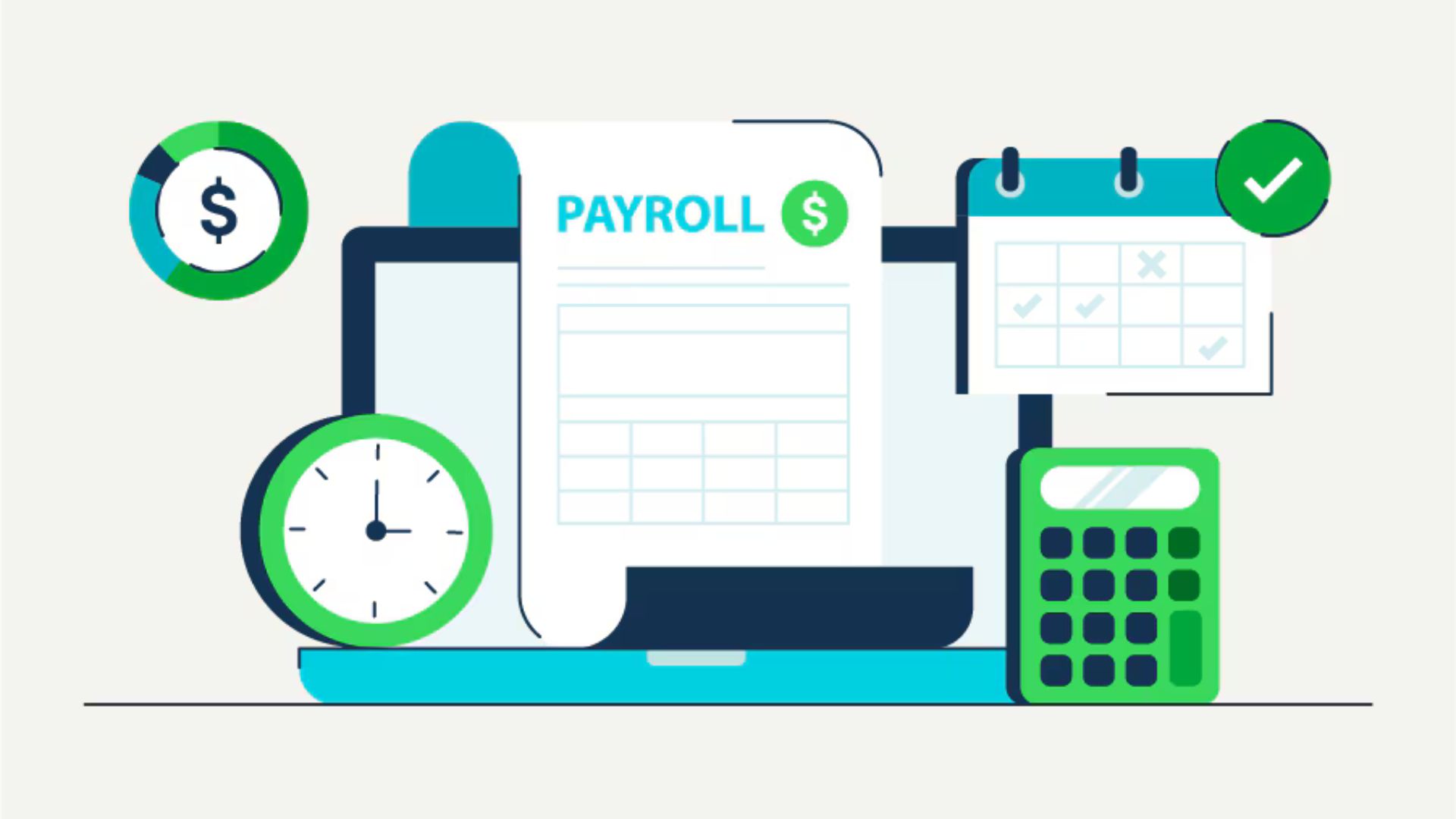Understanding payroll taxes and deductions is crucial for every small business owner. Payroll taxes are mandatory payments that employers must deduct from their employee’s wages and pay to the government. Additionally, there are other deductions like health insurance, retirement plans, and more. In this guide, we will explain payroll taxes and deductions in simple terms, making it easier for you to stay compliant and manage your payroll effectively.

What Are Payroll Taxes?
Payroll taxes are the taxes that employers must withhold from their employees’ paychecks. These taxes go to federal, state, and sometimes local governments to fund public services. It’s important to know how payroll taxes work so you can stay compliant with regulations.
Here are the key payroll taxes:
- Federal Income Tax: This tax is based on the employee’s income and withholding information from their W-4 form.
- Social Security Tax: This tax funds Social Security benefits and both employers and employees contribute.
- Medicare Tax: Medicare taxes fund healthcare for seniors, and both the employee and employer contribute as well.
Employers need to withhold these payroll taxes and submit them to the appropriate government agencies.
Understanding Payroll Deductions
Payroll deductions are the amounts subtracted from an employee’s paycheck. While taxes are one part, there are other deductions to consider.
Common payroll deductions include:
- Retirement Contributions: Many companies offer 401(k) plans or similar retirement programs. Employees can choose to contribute a portion of their pay.
- Health Insurance: Employers may deduct health insurance premiums from employees’ paychecks if they provide coverage.
- Garnishments: Court-ordered garnishments, such as child support or loan repayments, must also be deducted from employees’ pay.
How do You Calculate Payroll Taxes
Understanding how payroll taxes are calculated is vital for correct deductions. Payroll taxes are based on the employee’s earnings, and each type of tax has a different rate.
- Federal Income Tax: Employers use IRS tax tables based on the employee’s W-4 form to determine the amount to withhold.
- Social Security Tax: As of 2024, Social Security is withheld at 6.2% of the employee’s wages up to a certain income cap.
- Medicare Tax: Medicare is withheld at 1.45% of all wages, with no cap.
It’s important to calculate these accurately to avoid penalties and ensure compliance.
Employer Payroll Tax Responsibilities
Employers have additional responsibilities beyond deducting payroll taxes from employees. Employers must also contribute to some taxes themselves.
- Social Security and Medicare: Employers must match the amount of Social Security and Medicare taxes their employees contribute.
- Unemployment Taxes: Employers are responsible for paying federal and state unemployment taxes, which fund unemployment benefits.
- Payroll Tax Filing: Employers must regularly file payroll tax reports with the IRS and state tax agencies.
Staying compliant with these employer responsibilities is key to running a successful business.
Common Payroll Tax Mistakes
Many small businesses struggle with payroll taxes, leading to costly mistakes. Here are some common payroll tax mistakes and how to avoid them:
- Misclassifying Employees: It’s important to properly classify employees versus independent contractors, as payroll taxes differ for each.
- Failing to File on Time: Late tax filings can lead to penalties, so make sure to submit payroll taxes on time.
- Incorrect Calculations: Double-check tax calculations to avoid under- or overpaying taxes.
Avoiding these mistakes can save your business money and ensure compliance with the law.
Tips for Managing Payroll Taxes
Managing payroll taxes can be easier if you follow these tips:
- Use Payroll Software: Payroll software can automate tax calculations and ensure accuracy.
- Stay Updated on Tax Changes: Tax laws change frequently, so staying informed will help you remain compliant.
- Hire a Professional: If payroll taxes seem overwhelming, consider hiring an accountant or payroll service to manage them for you.
By using these tips, you’ll simplify payroll tax management and reduce the chances of errors.
Conclusion
Understanding payroll taxes and deductions is an essential part of running a small business. From federal income taxes to Social Security, Medicare, and retirement contributions, employers must handle various deductions to ensure compliance. By using payroll software, staying updated on tax regulations, and avoiding common mistakes, managing payroll taxes can be less stressful and more efficient. The key is to stay organized, keep up with tax deadlines, and ensure that every deduction is accurate.




